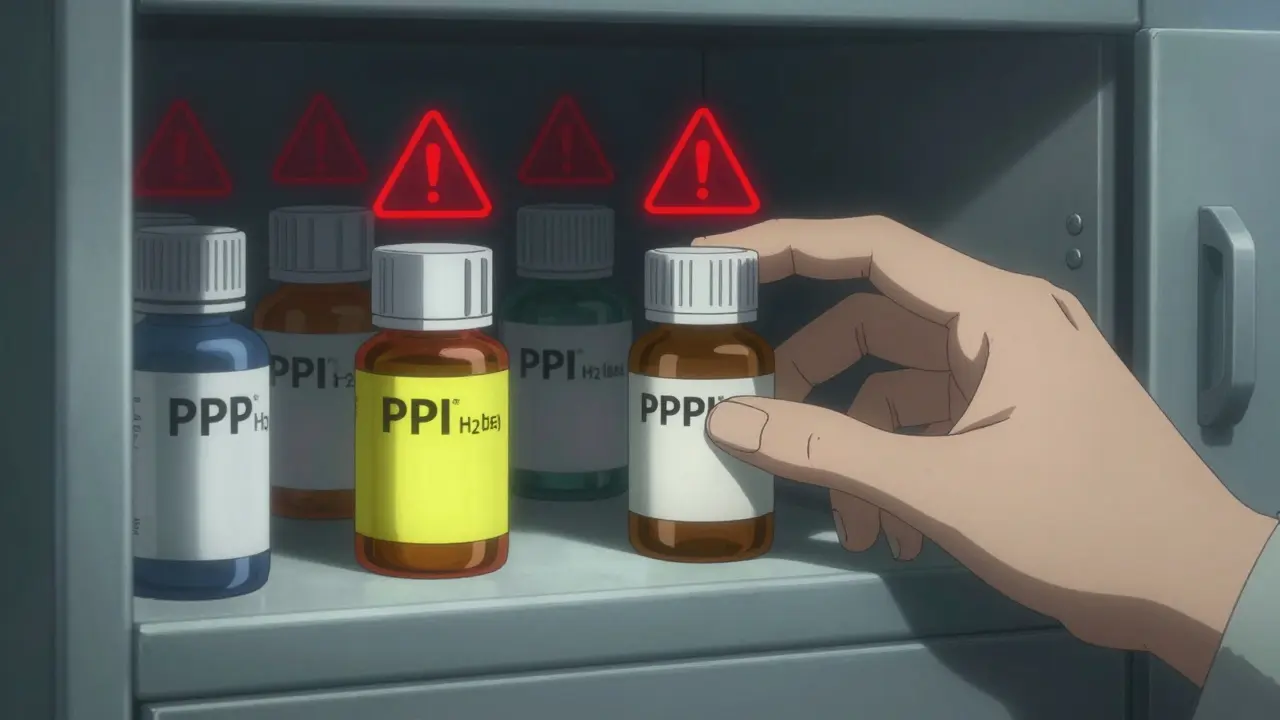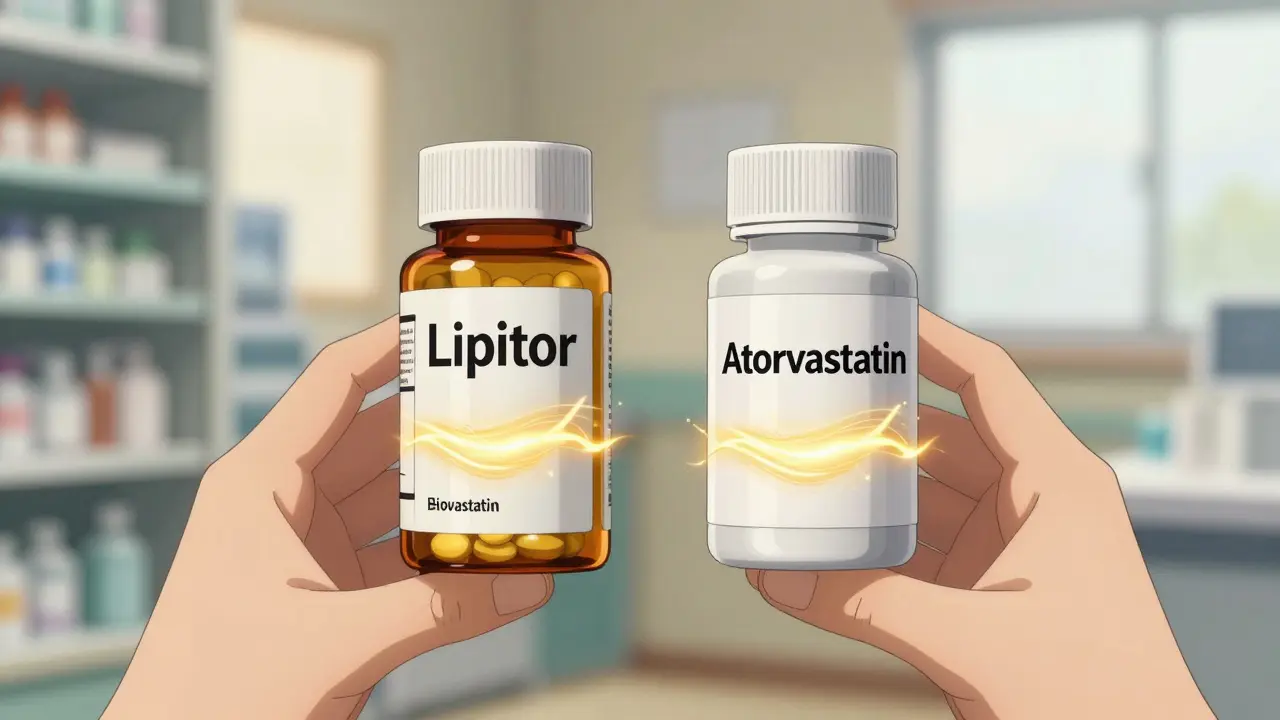Supplement Safety: How to Pick Products That Won't Harm You
Feeling overwhelmed by the endless rows of pills, powders, and gummies? You're not alone. The supplement market is huge, and not every product lives up to its promises. The good news? You can protect yourself with a few simple checks before you buy.
Read the label like a detective
The first thing to do is look at the ingredient list. If you see a mix of chemicals you can't pronounce, pause. Reliable brands usually list the active ingredient first and keep fillers to a minimum. Watch out for “proprietary blend” – it often hides the exact amounts of each component, making it hard to know how much you’re really taking.
Next, check the dosage. The amount of each ingredient should match the dose used in clinical studies. If the label says “10,000 IU” of a vitamin but the research suggests only 2,000 IU is needed, the product might be over‑dosing you.
Look for third‑party testing
Just because a company says its product is “pure” doesn’t mean it is. Look for seals from independent labs such as NSF, USP, or Informed‑Sport. These marks show the supplement has been tested for contaminants like heavy metals, microbes, or banned substances.
For athletes, the Informed‑Sport label is a must‑have because it guarantees the product is free of performance‑enhancing drugs that could trigger a positive test.
When a supplement mentions “UK supplement safety,” it usually means the product follows local regulations, but you should still verify the testing credentials.
Know the common side‑effects
Even natural‑looking supplements can cause trouble. For example, the herbal mix Lukol, marketed for women’s reproductive health, may interact with blood thinners. Adrue, a newer fitness supplement, claims to boost performance, but users report jittery feelings if they take too much.
Always read the side‑effect list and check if any warning matches a condition you have—like high blood pressure, diabetes, or allergies.
Check for drug interactions
If you’re already on prescription meds, a supplement might mess with them. Diphenhydramine, an antihistamine, can make some sleep aids too sedating. Similarly, taking a high‑dose vitamin D supplement alongside certain heart medications may alter how your body absorbs the drug.
When in doubt, ask a pharmacist or your doctor. A quick call can save you from a nasty reaction.
Buy from reputable sources
Online pharmacies and pharmacies based in Canada or the UK often have stricter verification processes. Sites like canadadrugs.com or atlanticdrugsonline.com advertise safe delivery, but you still need to confirm they require a prescription for prescription‑only products.
For over‑the‑counter supplements, look for sellers that list a clear return policy and customer support contact. A vague “contact us” page without real details is a red flag.
In short, treat every supplement like a mini‑medicine: read the label, verify testing, understand side‑effects, watch for interactions, and buy from a trusted retailer. Follow these steps, and you’ll stay on the safe side while still getting the benefits you want.

Opium Antidote Supplement: Benefits, Myths & Dangers Explained
Dive into the buzz around opium antidote as a supplement: what it is, how it works, safety, science—and what the hype means for your health.




